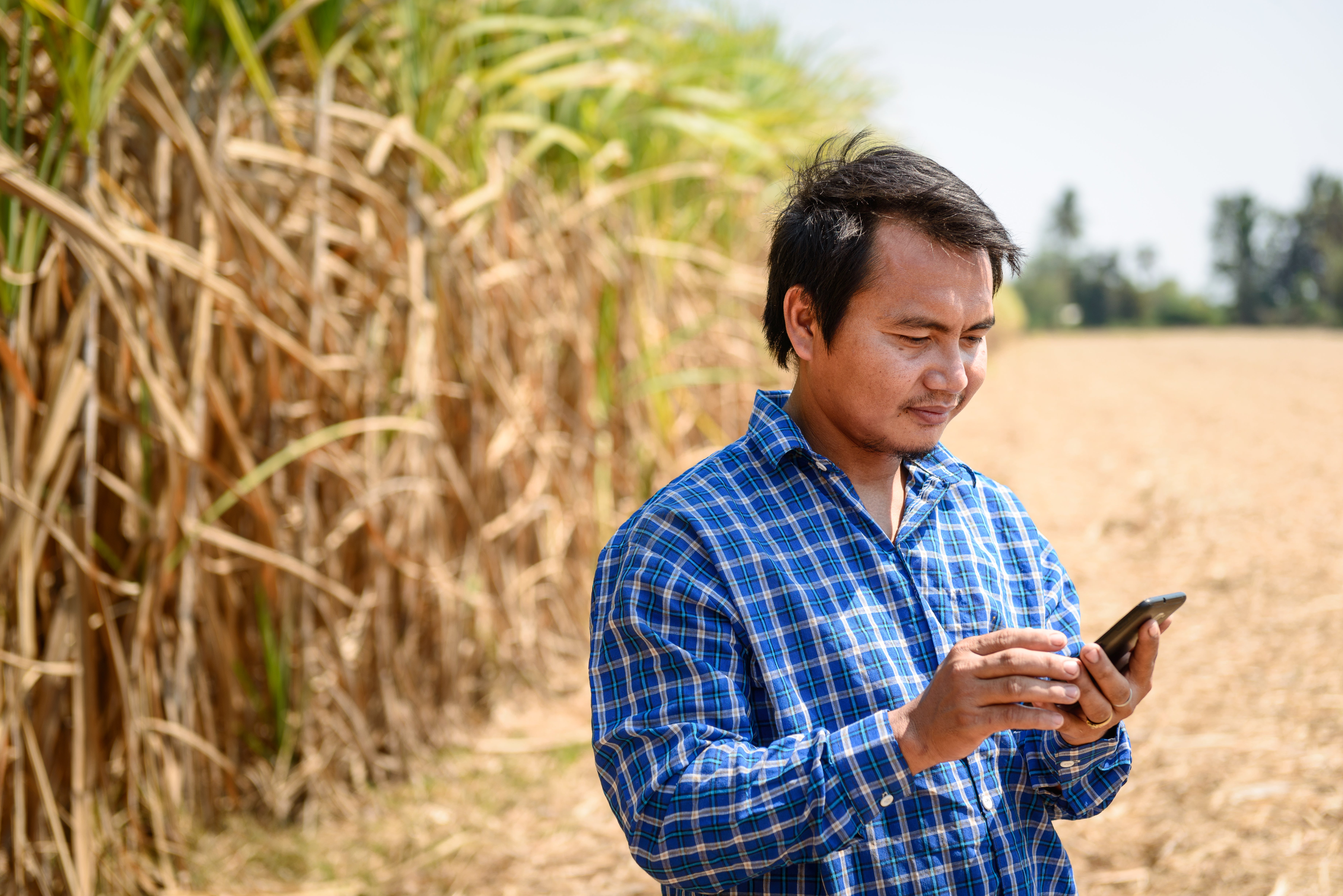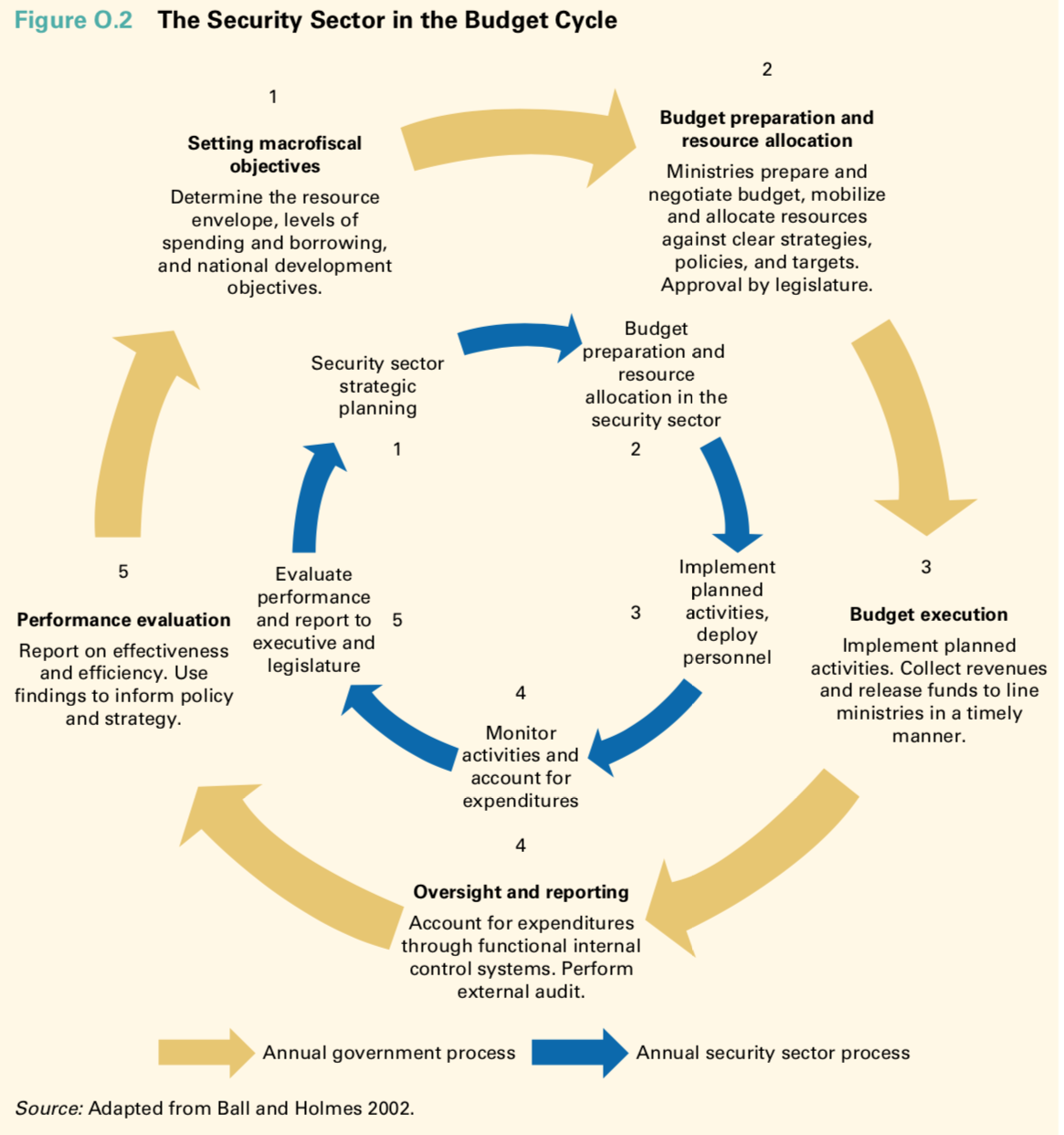

Apps have revolutionized everything from getting to work, keeping in touch with faraway friends, and dating (though the jury’s still out on this one). Can apps be the salvation of the world’s farms that are under two hectares in size – a group that most people think is going the same way as humans in Planet of the Apes?
Economies of scale in agriculture (or any other sector) occur when the average cost per unit of production decreases as farm size increases and conventional wisdom suggests that farms need to get bigger to be competitive. And this is exactly what is happening in richer countries, though the trend is less clear in poorer countries.
Farming is a complex business with many inputs and outputs and when you’re small, it’s very hard to compete on costs against those that are big. Small farmers may exist in our imagination as humble, hardworking, salt-of-the-earth men and women satisfied by long work days and healthy living, but this imagery doesn’t square with reality. For the majority, the work is backbreaking, and the money is meagre.
What most don’t know though, is that small farms can be 50% more productive than large ones according to the FAO’s Smallholders Data Portrait. This is known as the inverse productivity relationship and leads one to wonder what would happen if the cost of doing business was lower for smallholders? Could they become even more productive, settling the “bigger is better” debate decisively in favor of the smaller and more-nimble ‘Davids’ of the world? As it turns out, digital platforms may be just the thing to make this happen. Think of how Amazon puts an entire mall at your finger-tips and on your door-step and imagine the endless possibilities for the complex business of farming. Apps can flip traditional economies of scale on their head by substantially reducing farmer’s transaction costs, effectively reducing the size at which farmers are viable and ensuring their integration in new markets.
As it turns out, digital platforms may be just the thing to make this happen. Think of how Amazon puts an entire mall at your finger-tips and on your door-step and imagine the endless possibilities for the complex business of farming. Apps can flip traditional economies of scale on their head by substantially reducing farmer’s transaction costs, effectively reducing the size at which farmers are viable and ensuring their integration in new markets.
ITC e-Choupal, an Indian conglomerate, is pointing the way to this future. E-Choupal are internet kiosks located in Indian villages that provide information on weather, soil quality, markets, and crop inputs and prices at no cost to farmers. This free information enables them to increase their productivity and income by improving their yields, growing more suitable crops, and reducing the exploitative power of the middlemen who buy their products. ITC does not only offer market information and services, it also offers informational sessions that teach farmers modern agricultural techniques. Overall, e-Choupal kiosks are located in over 40,000 villages in India, reaching over 4 million farmers. Think about the boon to small farmers if the e-Choupal model leapt from kiosks in villages and straight into farmers’ pockets.
Imagine what the world would look like if small farmers could indeed compete with massive agri-businesses and the potential development impact this would have on the world’s rural poor. While witnessing that we have stayed on the same planet throughout – like in Planet of the Apes - we would be completely turning the rules of the game upside down. Now we just need to figure out what the role of public policy is in making this happen.



Join the Conversation